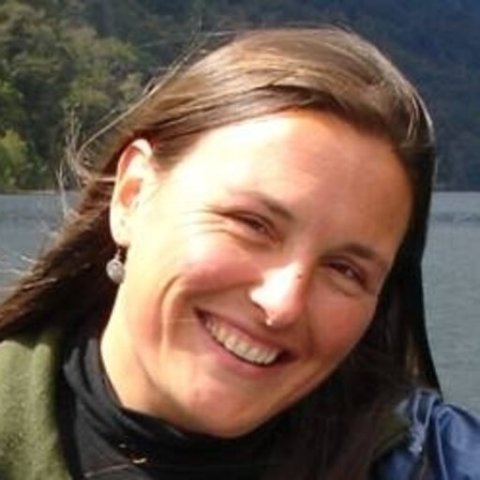Here below you can find all master courses the University Centre offers. All courses are taught in 1-3 week modules running from August through June. See how the courses are organised in the teaching schedule for both programs. Usually 2-3 courses are taught at the same time, but students may only enroll in one course at a time.
The master courses are available to you whether you plan to pursue a degree or just take a course or courses. Please review the options for guest studies to determine how you can apply.
For further information, contact the Administrative Director of Education and Teaching.
Talking Science: A Practical Guide to Creative Science Communication
- Spring 2024
- Next course: 05. February - 16. February 2024
- CMM/CRD Elective Course | 4 ECTS
- Course:CMM23 / CRD23
- Instructor: Dr. Jennifer Rock
About the course
"Talking Science" is about communicating scientific content - within academia and (more importantly) beyond - to get the word out there, be heard, understood and create a conversation. The course is a hands-on workshop to explore and apply creative ways to translate and exhibit research in various contexts. It draws from a range of different fields to provide insights and examples for articles and reports, oral presentations and narrative-based science communication. Through the course, students will undertake substantial practice to expand their science communication skills.
Instructor
Jennifer has an interdisciplinary background, with a BA in Human Ecology and a PhD in Zoology, she is currently an academic researcher in the transdisciplinary space between science and the arts & humanities. Currently she holds contracts with several research institutions including The University of Otago (New Zealand); The University Centre of the Westfjords (Iceland); College of the Atlantic (Maine, USA).

Learning outcome
The course introduces students to the main concepts of science communication, its historical role and development, and examines its application in the context of present-day culture, practice, and policy. It draws from the fields of natural science and social science, environmental studies, sociology, psychology, and cultural studies as well as art and design. By diving into the realms of science writing for articles and reports, oral presentations and narrative-based science communication, creative ways of research translation and science exhibiting, students will undertake substantial practice to expand their science communication skills.
On completion of the course, a student:
- can describe and recognize elements of effective science communication.
- can demonstrate resources and skills for effective communication of complex material.
- can assess and improve their science communication endeavors, using visual and oral storytelling to produce compelling presentations, writing, and exhibiting.
- has developed skills in communication techniques suitable for future communication opportunities within science, business, government or non-profit organizations.